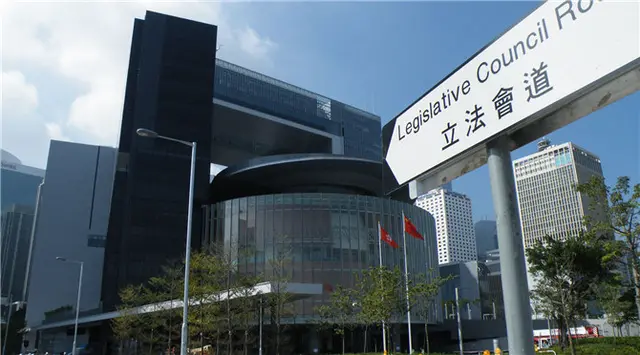As Hong Kong services trade providers secure an equal footing with their Chinese mainland peers, they’ve been urged to carve out new business strategies to suit the cultural tastes of mainland customers to enable their businesses to expand.
The accounting industry is one of the services sectors that’s liberalized under the Guangdong Agreement under the framework of CEPA — the Closer Economic Partnership Arrangement between Hong Kong and the mainland — with national treatment and a negative list with restrictive measures granted for Hong Kong-based accounting firms.
The Guangdong Agreement, known as the “Agreement between the Mainland and Hong Kong on Achieving Basic Liberalization of Trade in Services in Guangdong”, came into effect in March last year. It adopted national treatment and a negative-list approach to facilitate market access for Hong Kong services suppliers in Guangdong province.
“The national treatment clause creates new mainland market opportunities for Hong Kong-based small and medium-sized accounting firms,” said Ivan Au, divisional deputy president for Greater China at CPA Australia.
“Even these accounting firms are now granted a level playing field in the mainland market — they must be fully aware of the operational requirements, such as the internal control process and composition of auditors, in order to establish their business offices on the mainland,” Au told China Daily. “More small and medium-sized enterprises, technological startups and cross-border e-commerce companies on the mainland have tremendous demand for professional accounting services provided by Hong Kong-based small and medium-sized accountants,” he said.
National treatment under the context of the Guangdong Agreement stipulates that Hong Kong service providers operating on the mainland are accorded the same rights as mainland companies provided they comply with all mainland rules and regulations.
In the context of an international agreement, a negative list refers to a list of business items to which the agreement will not apply, with a commitment to apply it to everything else.
“Once Hong Kong service providers gain a level playing field with their mainland competitors through national treatment, they should try to suit the tastes of mainland customers to gain more market share while keeping prices of services reasonable,” said Simon Lee Siu-po, senior lecturer at the Chinese University of Hong Kong’s Faculty of Business Administration.
Following the signing of the Guangdong Agreement in 2014, Hong Kong and the mainland signed the Agreement on Trade in Services in November last year — a standalone and subsidiary agreement relating to trade in services under the CEPA framework that will basically achieve liberalization of trade in services between the two parties. The agreement, to start from June 1, allows 153 sectors to be opened up to Hong Kong’s services industry.
Regarding the mode of commercial presence, it extends national treatment to 62 sectors in the SAR, and implements a negative list covering 134 service trade sectors while reserving 120 restrictive measures that are inconsistent with the obligation of national treatment.
(CHINADAILY)
 简体中文
简体中文

